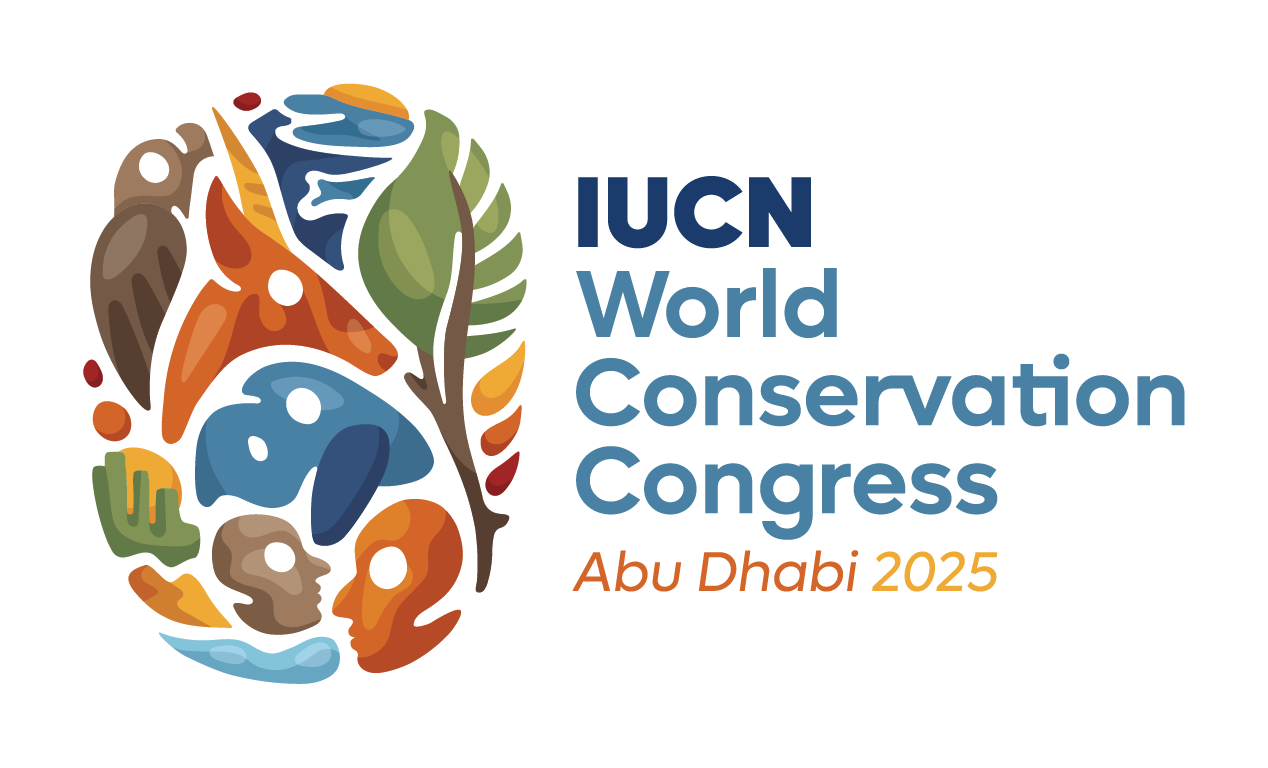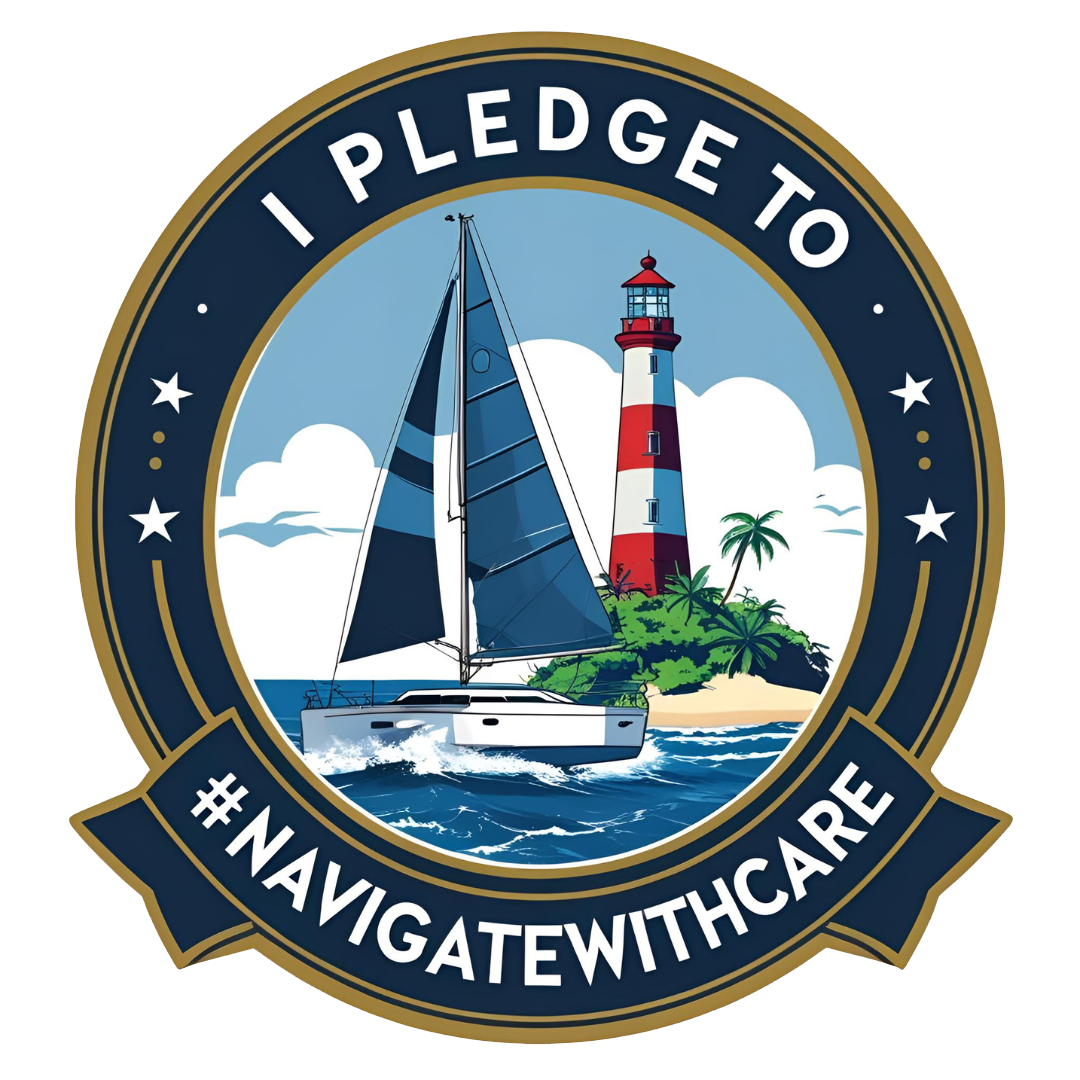Tonga Coral Education Program (from October 26, 2015)
As the Foundation’s education team left Maryland, fall was settling over the area in its rich orange and yellow hues. Crossing over the International Dateline and the equator on our way to Tonga, we found the islands in full spring bloom.
The warmth of the tropics makes it difficult to tell the seasons apart. Plumeria and hibiscus seem to bloom on and off throughout the year. So how can you tell that spring is in the air?
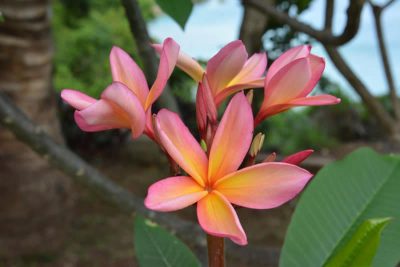
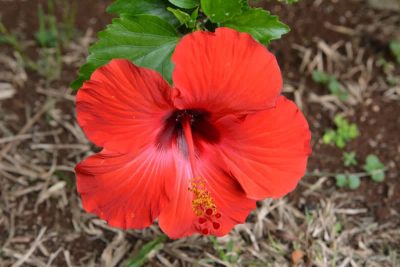
Tropical islands seem to be full of plumeria (left) and hibiscus (right).
Baby animals… Baby animals, everywhere!
As we have flitted back and forth to various schools on Vava’u, the car has been filled with girlish shrieks of joy as we pass baby pigs, chicks, more piglets, puppies, young cows and goats, and more baby pigs. Since our trip is coming to an end, I am sure ‘Apai is relieved to no longer have to hear us coo “pig, pig, pig!” a hundred times a day.
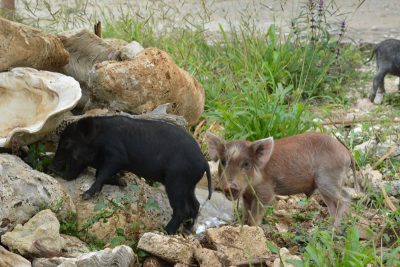
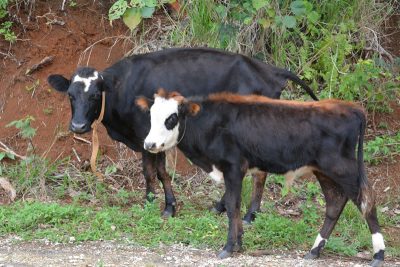
The island of Vava’u is teeming with baby animals.
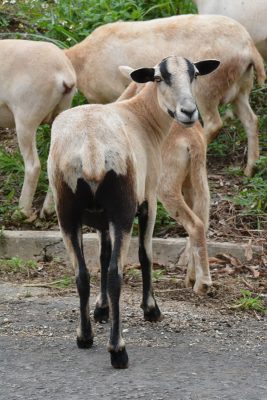
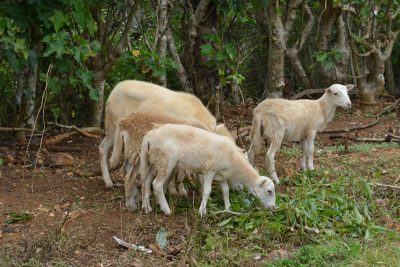
We saw two different types of goats in our travels.
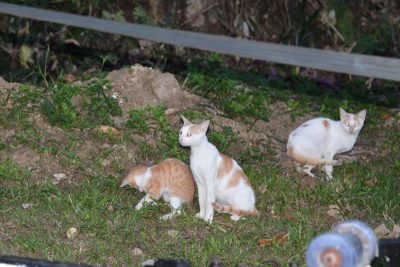
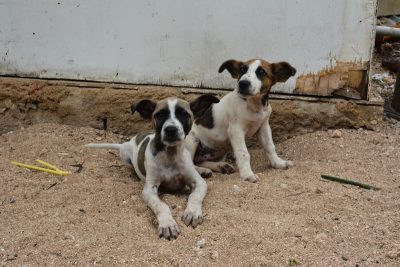
The kittens and puppies lived up to their stereotypes: the puppies wanted lots of attention (until Mom decided it was her turn), while the kittens were aloof.
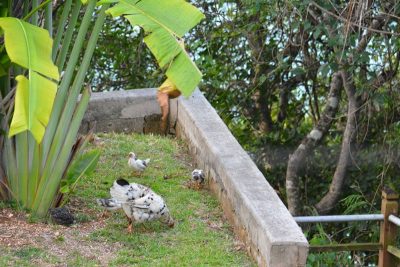
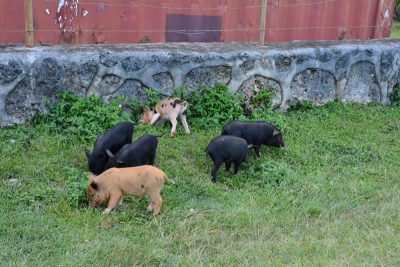
This momma chicken was a fierce defender of her chicks – despite our fear after some of the feral cat sounds at night, she had five beautiful chicks everyday. It was impossible to get a picture of them all, as she would herd them away any time we tried to get close. Oh, and more piggies!
The numerous animals on the island provide a source of protein. Protein is scarce on the islands. Tongans rely heavily on fisheries and livestock. Agriculture is a necessary addition for the local diet. For more about Tongan livelihoods, check out our blog from a previous mission to Tonga.
Photos by Melinda Campbell and Amy Heemsoth

